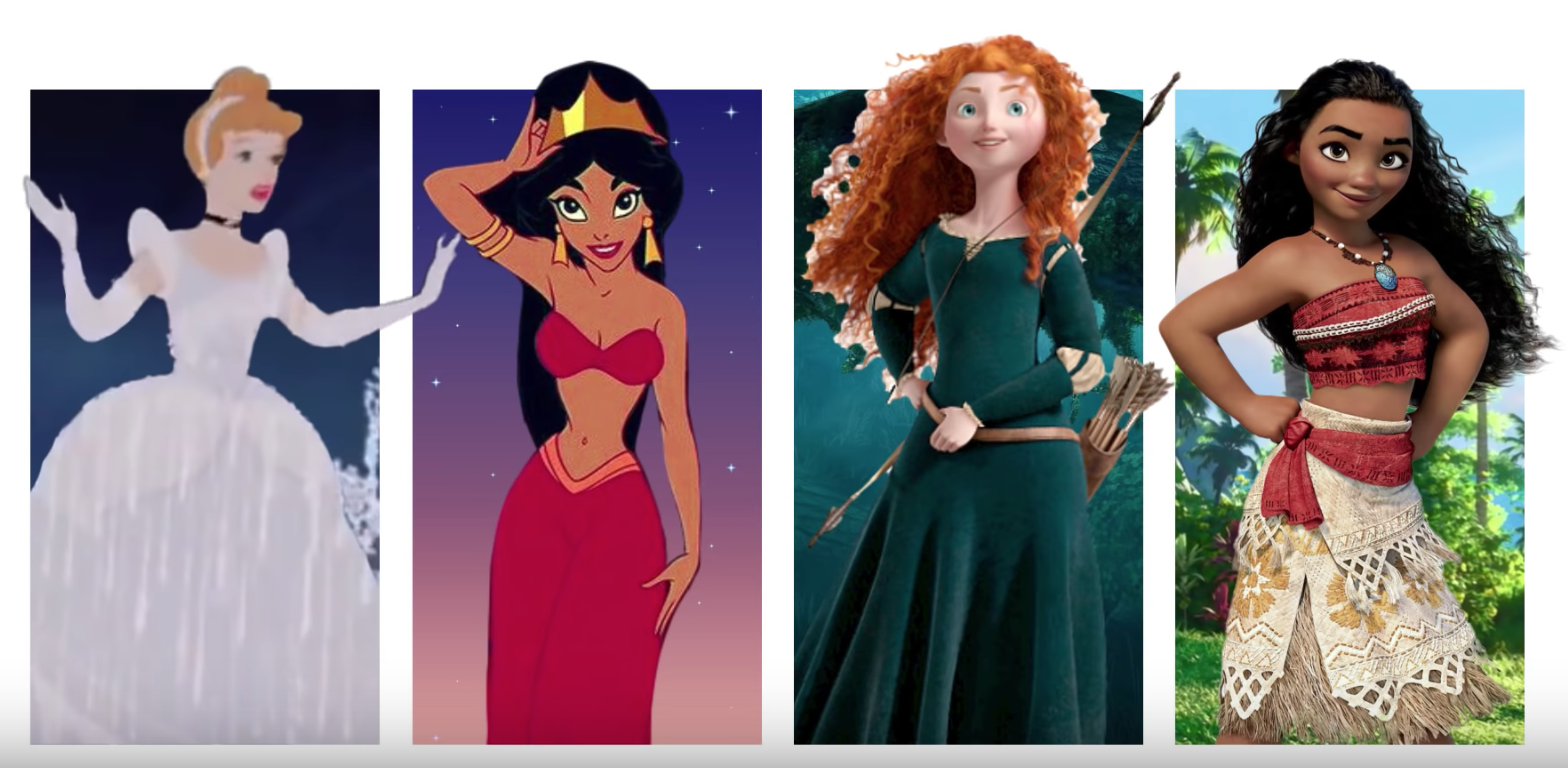Neoteny: Why Disney Princesses Look Like Babies
Neoteny, Evolution, and Disney
Our friend Dr. Joe Hanson from It’s Okay to Be Smart (PBS Digital Studios) goes full science nerd on neoteny, Disney princesses, and evolution.
I noticed something weird about Disney Princesses lately. Naturally, I had to examine it through the lens of science. The answer led me to new knowledge about human development, the domestication and taming of animals, and why we find things cute in the first place. You’ll never look at cartoons the same way again. –Joe Hanson, PhD
[tweetthis]It’s time to go full science nerd on neoteny, evolution, and Disney princesses![/tweetthis]
Twitter: @DrJoeHanson @okaytobesmart
Instagram: @DrJoeHanson
It’s Okay To Be Smart is hosted by Joe Hanson, Ph.D.
Director: Andrew Matthews
Writer: Andrew Matthews Creative
Director: David Schulte
Editor/animator: Derek Borsheim
Producers: Stephanie Noone and Amanda Fox Produced by PBS Digital Studios Music via APM
Stock images from Shutterstock http://www.shutterstock.com
References
Gould, Stephen Jay “Biological Homage to Mickey Mouse” https://faculty.uca.edu/benw/biol4415… Bogin, B. (1990). The evolution of human childhood. Bioscience, 40(1), 16-25. PDF: http://bit.ly/2vDb3Vy
Somel, M., Franz, H., Yan, Z., Lorenc, A., Guo, S., Giger, T., … & Webster, M. J. (2009). Transcriptional neoteny in the human brain. Proceedings of the National Academy of Sciences, 106(14), 5743-5748.
GotScience Magazine is published by the nonprofit Science Connected, is made possible by donations from readers like you. You can support open-access science communication – and it only takes a minute. Donate now.




